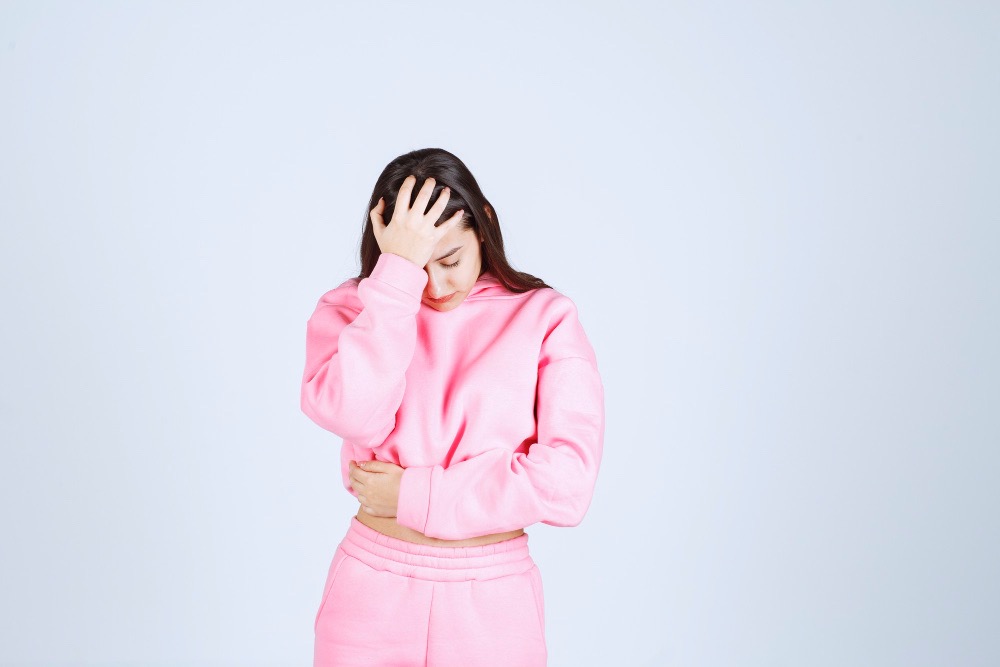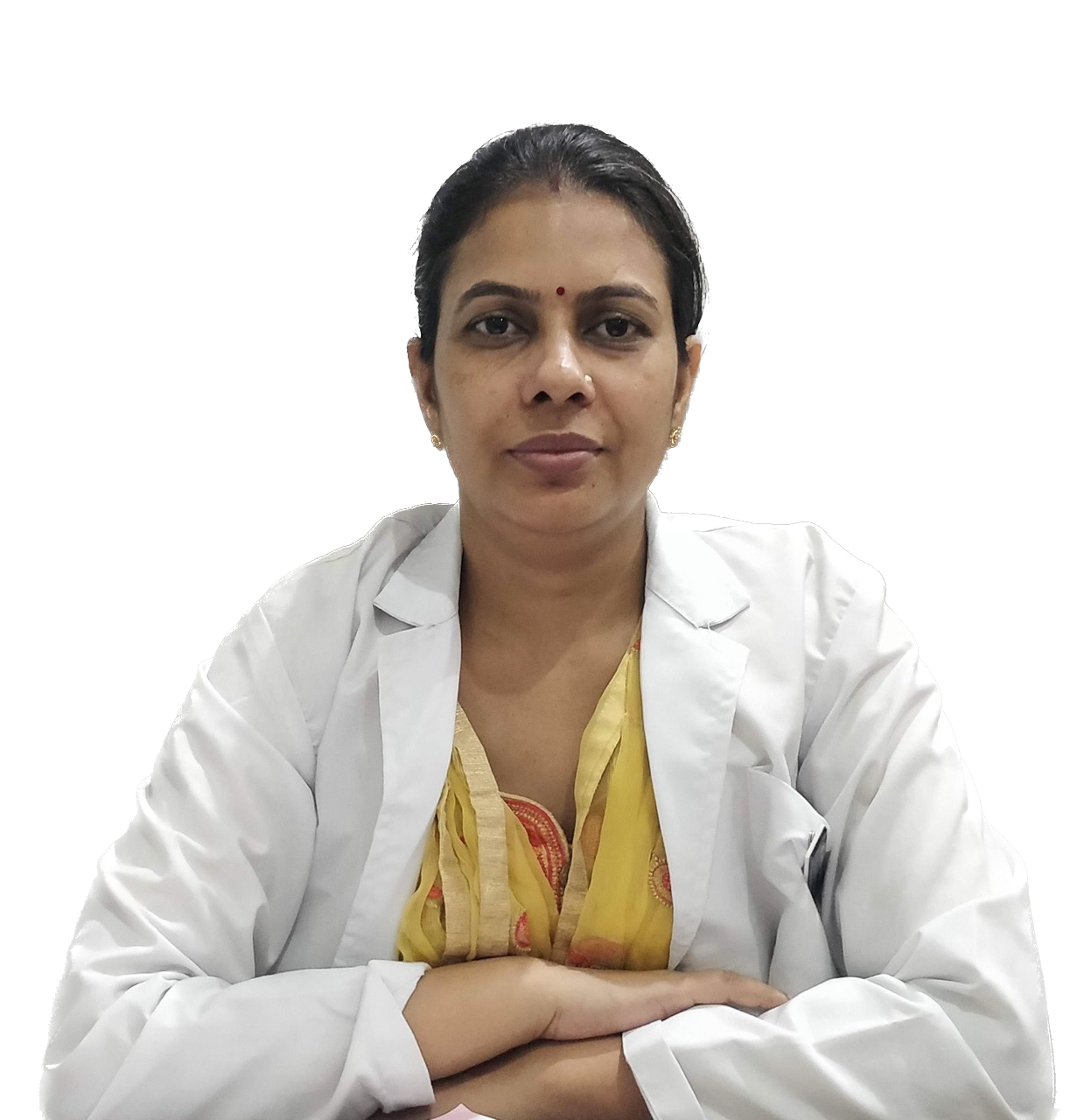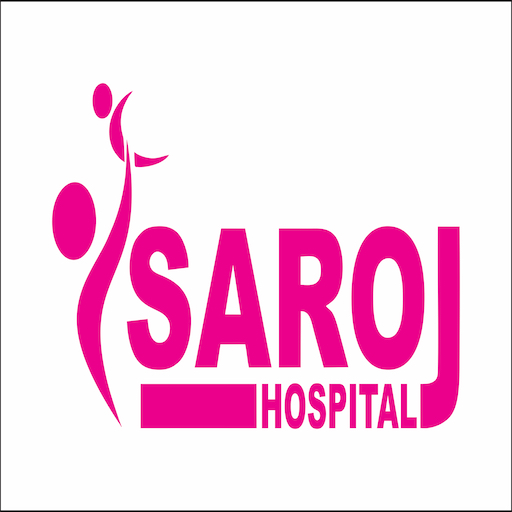What is PMS (Premenstrual Syndrome)
Many women and girls experience changes in their body, behaviour and mood before their periods. This is called Premenstrual Syndrome (PMS).
PMS is very common, and it can cause physical, mental and emotional discomfort. At Saroj Hospital, Sikar, we are here to help you understand and overcome PMS in better way.

Causes of PMS
PMS happens due to changes in hormones during the menstrual cycle and it disappear with pregnancy and menoapuse. These hormones also affect chemicals in the brain that control mood.
Serotonin hormone play crucial role in mood swing and could trigger the PMS symptoms. Untreated PMS with depression could more worsen the symptoms.
Symptoms of PMS

Physical Symptoms of PMS:
Premenstrual syndrome (PMS) can cause several physical problems. These include pain in the joints, muscles, headaches, tiredness and weight gain. Some girls feel bloated, have tender breasts, get acne, or experience constipation or diarrhea. In PMS, alcohol make the symptoms worse.
Emotional and Behavioral Symptoms of PMS:
PMS also affects emotions and behavior. Women may feel tense, anxious and sad. Mood swings, irritability, anger and crying are common. Other symptoms include changes in appetite, food cravings, trouble sleeping, staying away from people, difficulty focusing, and changes in sexual desire.
PMDD
For many women, these symptoms go away within 3-4 days after their period starts. However if women face severe symptoms, known as premenstrual dysphoric disorder (PMDD) that need immediate medical attention.
How to manage PMS

Here are some simple tips to feel better:
Eat Healthy Food: Add fruits, vegetables, whole grains, and proteins to your meals. Avoid too much salt, sugar, caffeine, or alcohol to reduce bloating and mood swings.
Exercise Regularly: Moving your body, like walking, yoga, or dancing, can help improve your mood and reduce pain.
Reduce Stress: Take time to relax with meditation, deep breathing, or spending time on a hobby.
Take Vitamins: Some women find that calcium, magnesium, or vitamin B6 helps with PMS symptoms. Always check with a doctor before taking supplements.
By following healthy life style regularly women can have regular and pain free periods. know more about PMS
When to visit doctor
If you feel that PMS is making your life difficult, don’t wait. Visit Saroj Hospital, and we will help you. You don’t have to manage PMS on your own—there are many ways to feel better.

